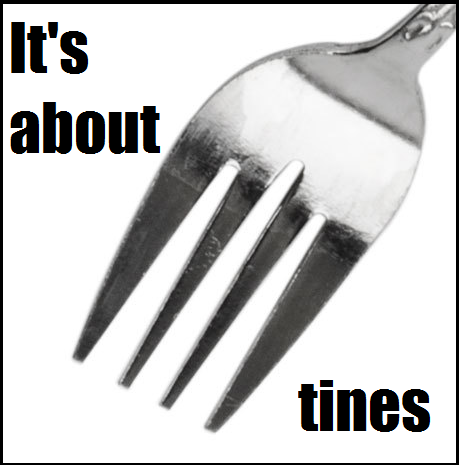Subject: Exactly!
Author:
Posted on: 2015-06-30 22:50:00 UTC
It's actually a really exciting subject to get into! When you think about it, every single society and culture has expressed gender completely differently from one another, so our concept of what is "masculine" and what is "feminine" are completely formed by our culture, and that changes so quickly. That's one of my favorite things about studying history - you see things change so much, so quickly. There's this book I read a while back - Hunting and the American Imagination that explores JUST the concept of hunting in American history. We think of it as a masculine part of history that goes all the way back, but was it really? It's so much more complicated than we realize!
Colonial (ie, pre-revolution) history especially you see it in - there are so many primary source documents from missionaries who are agonizing over the gender expression of the tribes they're trying to convert! Often their concern seems to be FIRST to "fix" their gender roles, then the rest - religion, etc. - will follow. So the big one I remember is the Wampanoag, Algonquin, Mohican, Pequot, etc. in the Northeast. Women owned land, rather then men; men had rights to the hunting grounds (it's notable that by "women" and "men" I mean those who identified as women and men - it was tied to gender, not sex, for them). This drove the early Pilgrims up the wall, because when men were in camp, they didn't farm - because to them, it was unmanly to do so! But the Pilgrims saw it as a lacking work ethic, and were horrified that the women didn't sit around cleaning, but worked in the fields. Yet this is how they'd been doing it for years - they saw it as the Pilgrims having weird, messed-up gender roles.
Another one I learned about very recently was the history of Tokyo before the Meiji Restoration - the idea of "Edo Manners," or business manners. Historically, homosexuality and bisexuality were completely accepted in the city of Edo - and because the city was centered on business ideals, that's where the gender roles were centered, too: women were seen as "naturally" better at management, while men were seen as likewise "naturally" better at sales.
The more you study history, the more you realize that what gender means is completely relative to the culture, and it's not even remotely inherent.




